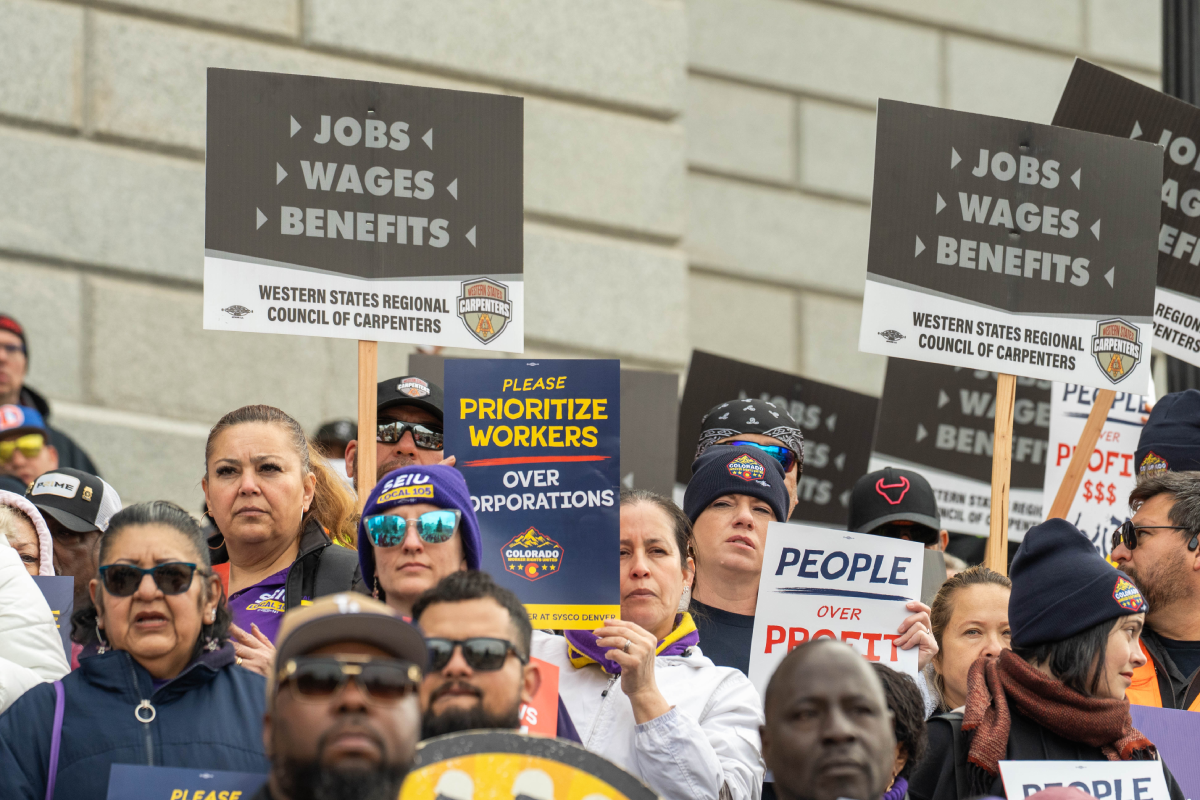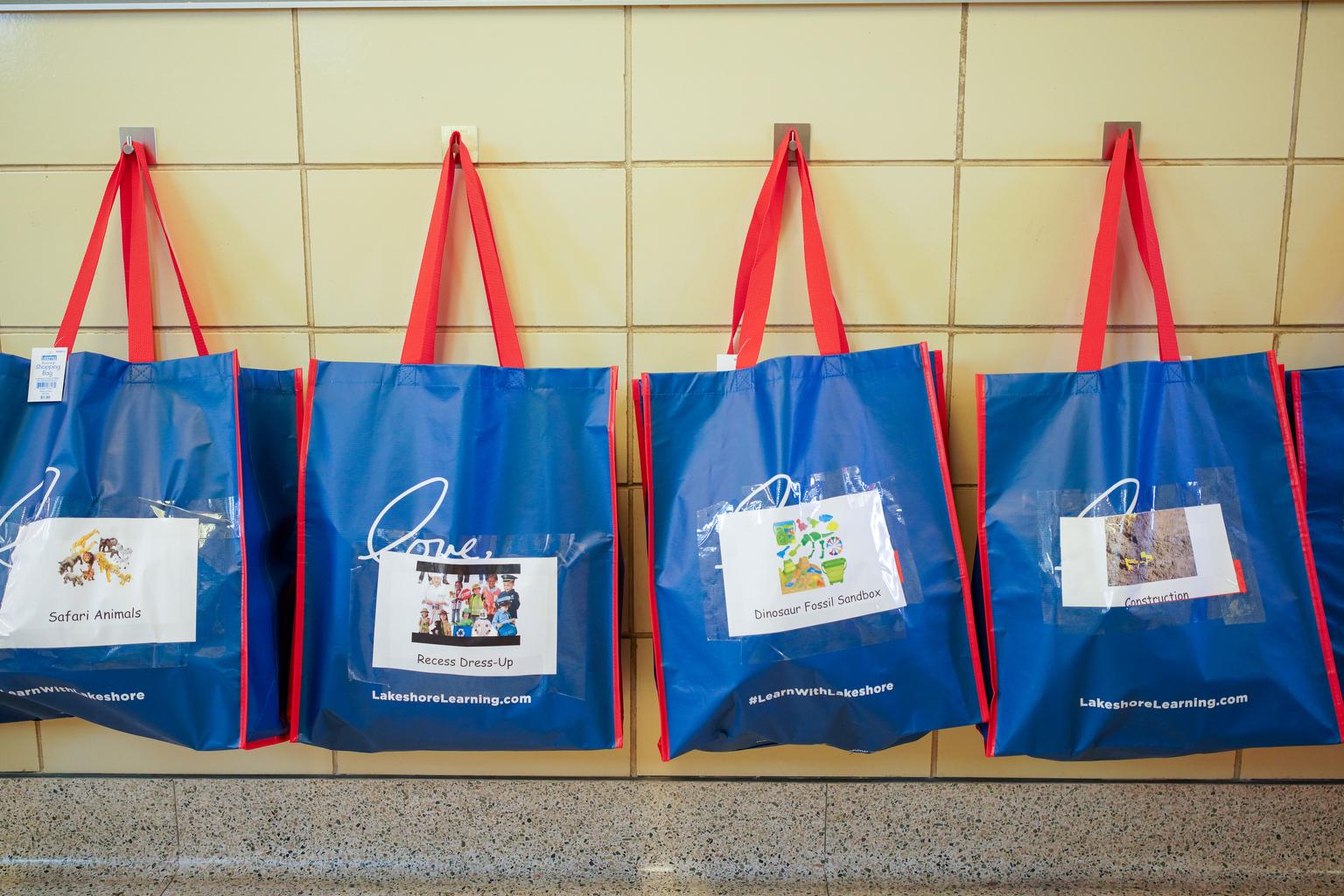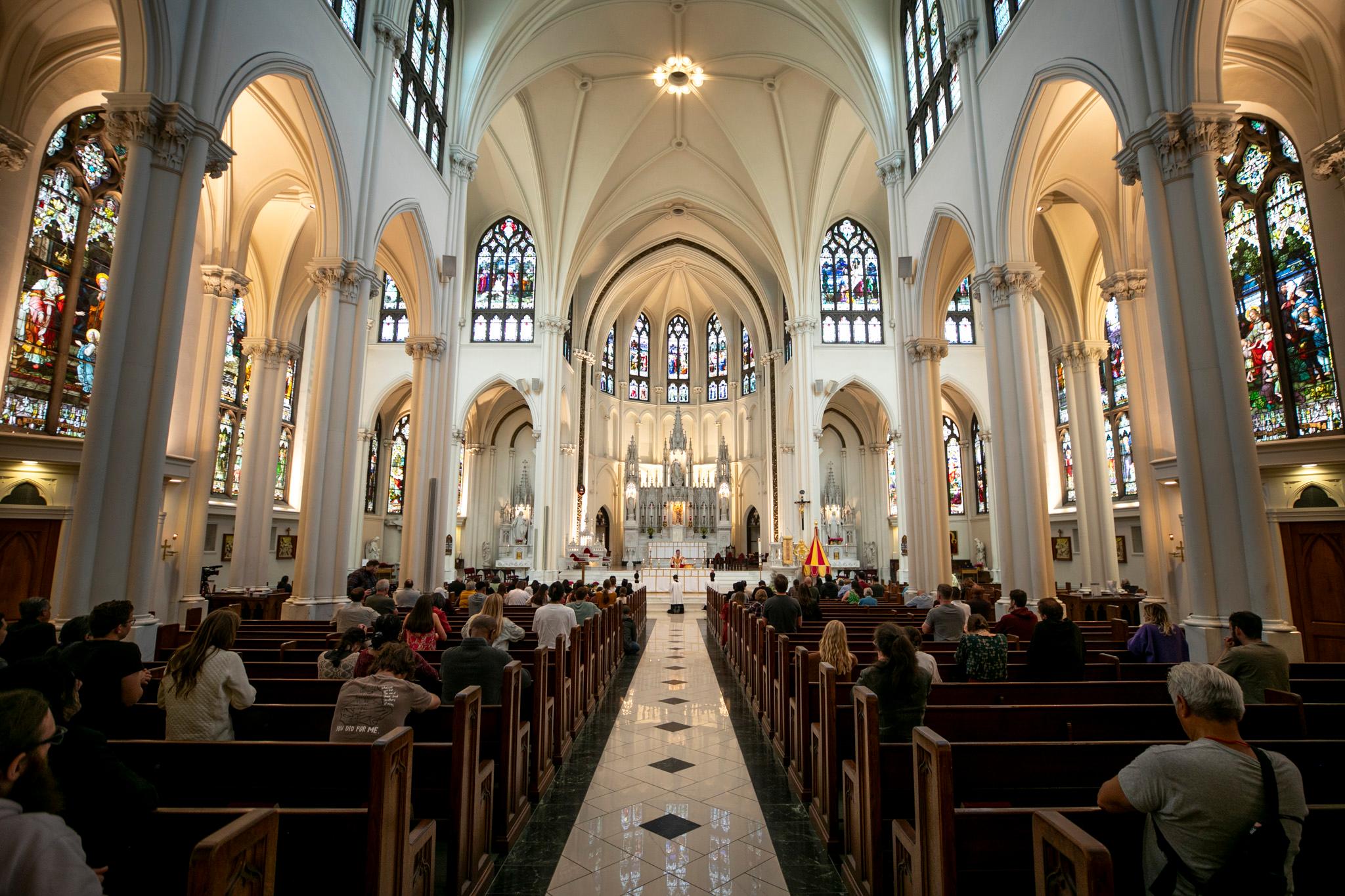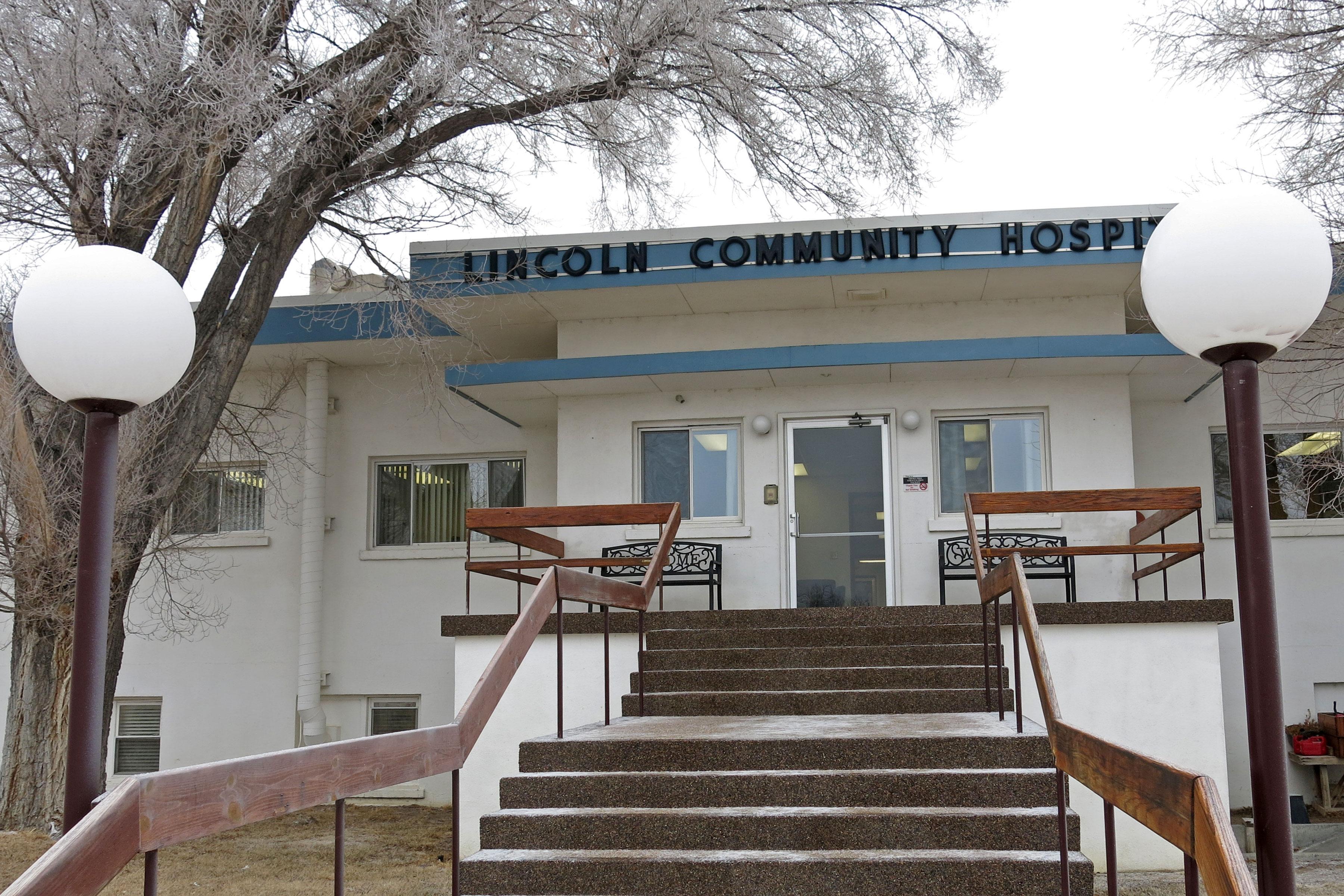
After a Wednesday hearing, a federal judge is expected to rule Friday whether the State of Colorado should stop enforcing its ban on posting photos on the internet of completed election ballots.
Colorado has a 125-year-old law requiring people to keep their ballots secret. The “ballot selfie” issue jumped into the headlines after the Denver District Attorney’s office sent out a press release reminding people that posting ballot photos could lead to prosecution.
The law was passed in 1895 to help prevent people from being coerced into voting a certain way or from selling their votes. Two lawsuits seek to get the law declared unconstitutional. One was brought by Republican state Sen. Owen Hill. The other was filed by Libertarian Party officer Caryn Ann Harlos. Both cases are being heard together.
Harlos said that as supporters of a minor party, it's important that Libertarians be able to show they voted for Gary Johnson for president, as a way of helping other people feel more comfortable about making that choice. Owen made a similar argument.
Before the hearing, representatives of the Denver DA’s office along with a handful of other district attorneys filed affidavits swearing that they would not prosecute voters who publicize their completed ballots, as long as there’s no evidence of voter fraud. Lawyers for the state emphasized that there is no record of anyone ever being charged with breaking this particular law.
Judge Christine Arguello didn’t think those efforts went far enough to reassure members of the public that they wouldn’t get in trouble.
Witnesses for the plaintiffs argued that a picture of a completed ballot carries a unique weight on social media, above and beyond just writing words in text about who someone voter for.
Political public relations consultant Kyle Forti testified that past elections have shown that posting a picture of one’s completed ballot results in engagement that is “almost always more significant” than other types of posts.
Lawyers for the state argued that allowing ballot selfies would make it easier for unscrupulous actors to commit vote buying or coerce voters. University of Colorado economics professor Jeffrey Zax, who reviewed academic studies on vote buying and coercion, said “this law is the last shred of protection we have for ballot secrecy.”
The combination of ubiquitous cell phone cameras and social media make it hard to verify a bought or coerced vote, Zax said.
The Associated Press found 18 states that have similar ballot photo bans and lately the courts have not been very supportive of them. Judges have struck down similar bans in Indiana and New Hampshire, while cases are still being litigated in two other states.
Democratic Rep. Paul Rosenthal of Denver introduced bills the past two years to overturn the ban but they haven't gone anywhere. He only learned that posting ballot pictures was illegal after putting up a picture of his own ballot a few years ago, "and then somebody emailed me and said, 'you might want to take it down.’”









